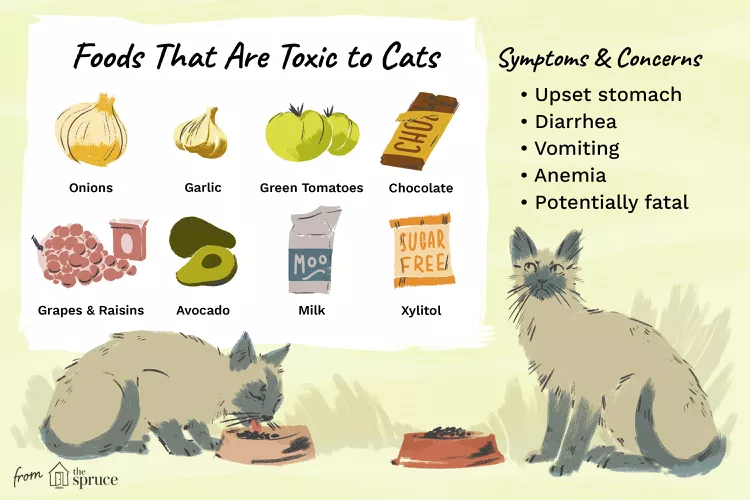
Some cats will beg and plead for human food, especially when they see you eating. But, can cats eat human food? Giving your cat any table scraps or tidbits of human food is a dangerous practice that should not be encouraged for multiple reasons. First, cats need the nutrients that are specifically provided for them in good, premium cat foods, and any "extras" that they consume will take away their appetites for their regular meals. A sliver of turkey or chicken from your dinner plate certainly won't kill a cat, but you're helping it develop bad habits.
The main reason to discourage feeding cats "people food" is that there are a number of foods that are toxic to cats. While it is tasty and harmless to humans, a simple nibble could be life-threatening for your cat. If you are a cat owner, it's important to familiarize yourself with the everyday foods that can be dangerous, and even deadly, for cats.
These foods are members of the Solanaceae family of plants, which includes the Deadly Nightshade, and contain a bitter, poisonous alkaloid called Glycoalkaloid Solanine, which can cause violent lower gastrointestinal symptoms. The leaves and stems are particularly toxic. Don't worry if you see tomatoes included in pre-made pet foods. They are made with ripe tomatoes and should cause no concern because they appear in relatively small amounts.
While it's widely known that chocolate is dangerous for dogs, it's also toxic to cats. Theobromine is the offending substance and can cause chocolate toxicity in a cat. This substance is found in the highest concentration in dark and unsweetened chocolate.
These foods' toxicity has mainly been found in dogs, in quantities of varying amounts. The ASPCA advises: "As there are still many unknowns with the toxic potential of grapes and raisins, the ASPCA Animal Poison Control Center advises not giving grapes or raisins to pets in any amount." There is no reason to risk a dangerous situation, so it's best to keep these fruits away from your cat.
While avocado is healthful for humans, it is mildly toxic to cats. The leaves, seed, tree bark, and the fruit itself contain Persin, which can cause vomiting and diarrhea in cats. Avocados are very rich and high in fat, which can lead to gastroenteritis or pancreatitis. Be especially aware if you have a bowl of guacamole out at a party. You do not want your cat eating any of this snack or licking a spoon or fork that was used to make it.
All types of alcohol can be toxic to pet cats. While a small lick of an alcoholic beverage is not lethal, consuming a lot can be. If you are hosting a party and serving alcohol, be sure to thoroughly clean up the drinks and avoid leaving large punch bowls or open alcohol containers overnight, as your cat might be prone to consume more. Alcoholic beverages aren’t the only potential sources of alcohol poisoning in cats. Alcohol exposure can also occur from ingestion of hand sanitizer, mouthwash, fermenting fruits, and bread dough that contains yeast.
Onions contain a substance (N-propyl disulfide) that destroys red blood cells in the cat, causing a form of anemia called Heinz body anemia. Garlic is similar in that it can also cause red blood cell damage and anemia. It's dangerous for cats to consume a full clove of garlic or any large pieces of raw onion. Cats can also be exposed to garlic and onion in the form of powder, which can be found on chips, soups, and seasonings.
There are a number of foods that are not toxic to cats, but they should be avoided. Meat trimmings, raw eggs, and caffeinated beverages should not be consumed by pet cats. Although milk is not toxic to cats, it may have adverse effects. Adult cats that are fed a nutritious diet don't need milk. Also, many cats are lactose-intolerant, which means that the lactose in milk and milk products produces stomach upset, cramps, and gassiness. Xylitol, a sweetener, is deadly to dogs and can cause hypoglycemia and potential liver failure. The Pet Poison Helpline has not indicated its toxicity to cats, but it does not seem worth the risk. If you see this ingredient in any food items, make sure to avoid sharing with your cat.
Contact your veterinarian or the ASPCA National Animal Poison Control Center right away at 1-888-426-4435 or Pet Poison Helpline at 1-800-213-6680 right away. Share any information you have, including what they might have eaten and the symptoms you are seeing. There may be a charge for speaking with the poison control line.
While it's best for cats to eat cat food, these "human" foods are safe for your cat: thoroughly cooked lean meats that haven't been seasoned with onions or garlic, fish with the bones removed, hard-cooked eggs, whole grains, fruits, and vegetables.
Keep your cats from eating human food by never offering it to them, even just "licking the plate," and by keeping it out of reach at all times in your kitchen (this includes covering it on the countertop while you're eating).
Cats will eat human food because it tastes good, and because it offers more variety than the food that is good for them.

Exploring the Different Types of Pet-Friendly Beaches
Are you looking for pet-friendly beaches? Learn about the different types of pet-friendly beaches, their locations, and tips for visiting them with your pet.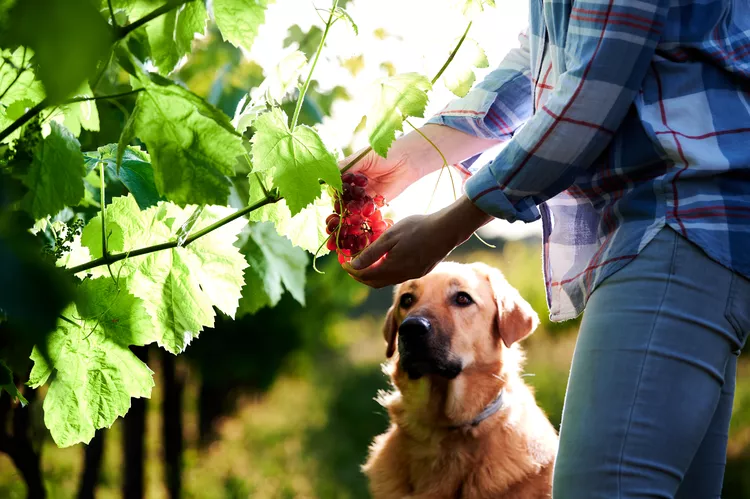
Exploring Pet-Friendly Wineries: Types, Locations, and More
Discover the different types of pet-friendly wineries, where to find them, and what to expect when you visit. Learn more with The Spruce Pets.
Why Is My Dog’s Eye Swollen?
If your dog's eye is swollen, she may need veterinary attention. The inflammation could be caused by allergies, an injury, or even a tumor.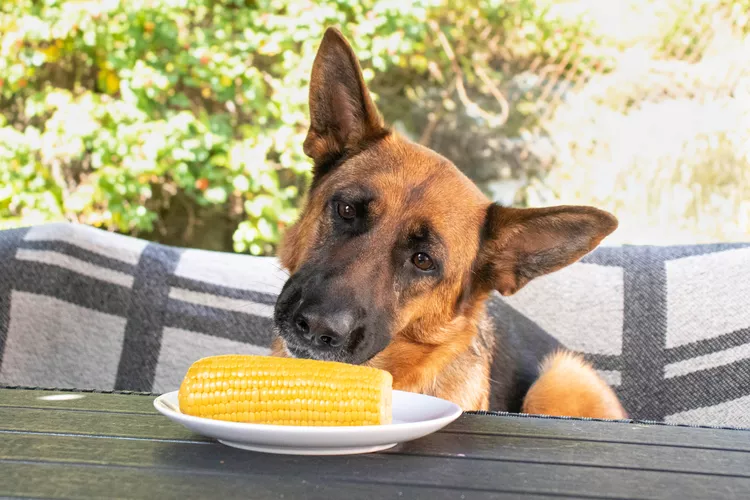
Can Dogs Eat Corn on the Cob?
Dogs love chewing on corn cobs, but this can cause serious harm. Learn about the dangers of corn cobs and find out what to do if your dog eats one.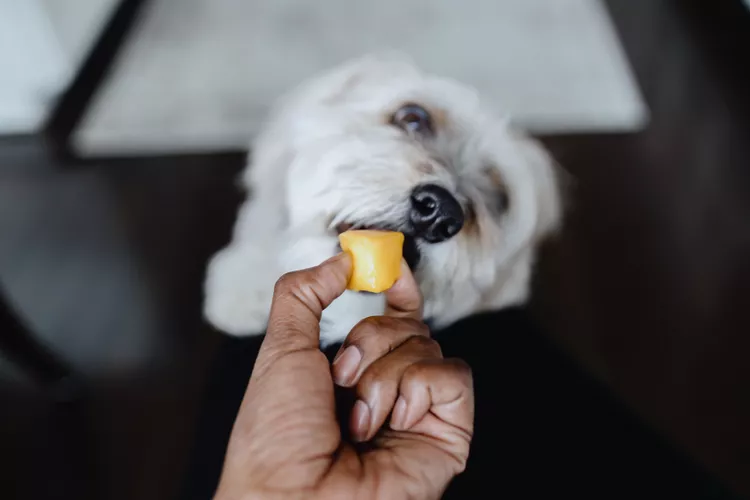
Can Dogs Eat Papaya? What to Know About Sharing This Tropical Fruit With Your Pup
Papaya is safe for dogs in moderation, and it can even provide some nutritional value for them. However, too much can cause digestive upset, and it's not suitable to share with dogs with certain health conditions.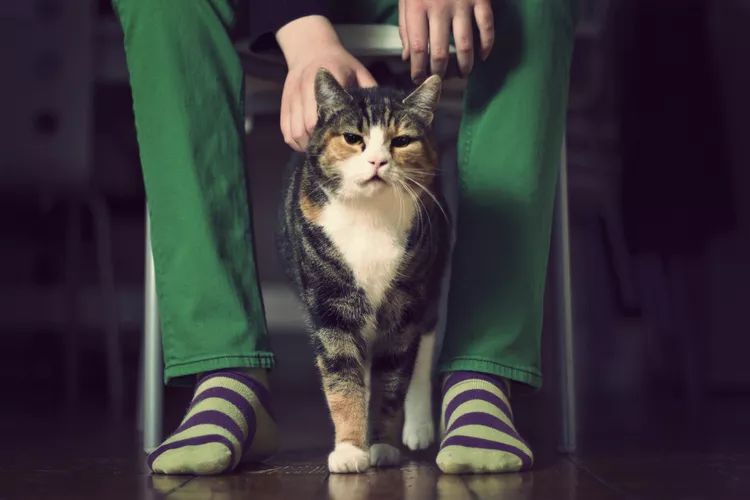
65 Irish Cat Names
Irish cat names can pay homage to historical places, local cuisine, famous Irish actors and musicians, or other wonderful aspects of the Emerald Isle.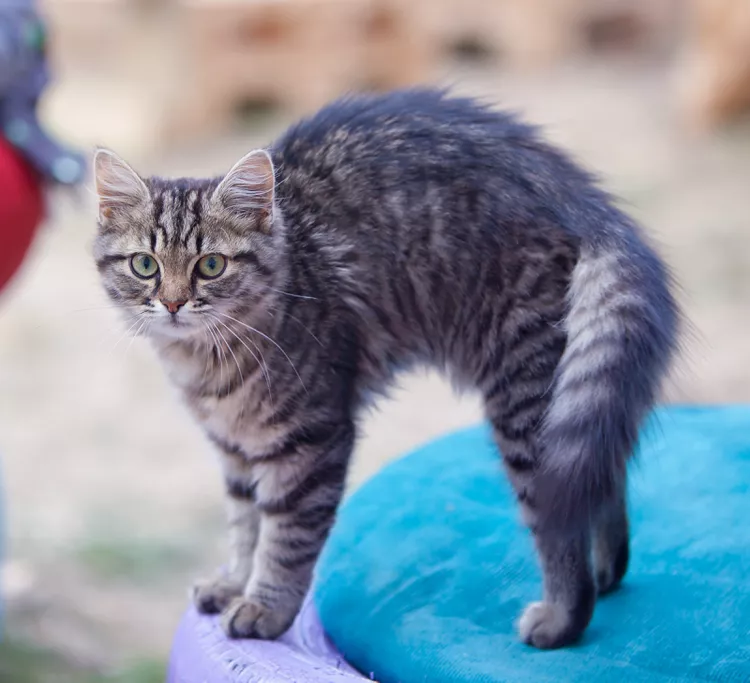
Feline Hyperesthesia Syndrome (FHS) in Cats
Rippling skin is more than dermal sensitivity in cats. It can be a sign of Feline Hyperesthesia Syndrome. Learn the causes, treatment, and prevention.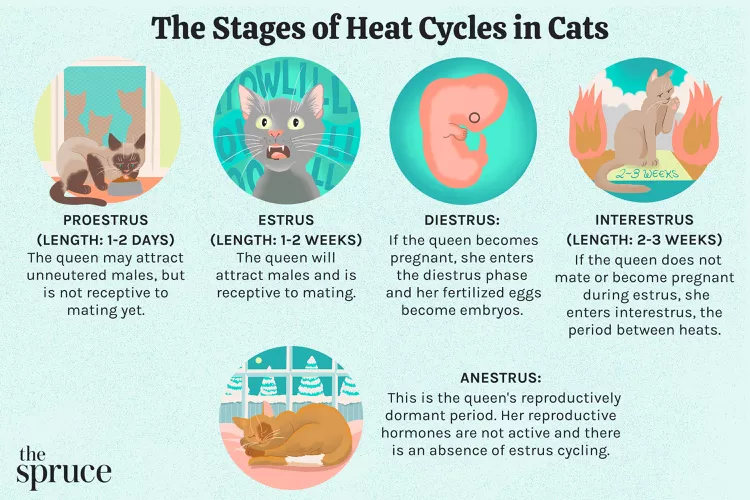
How Long Are Cats in Heat?
How long are cats in heat? Learn about the heat cycles of cats, also called estrus, as well as the reasons you should spay your cat.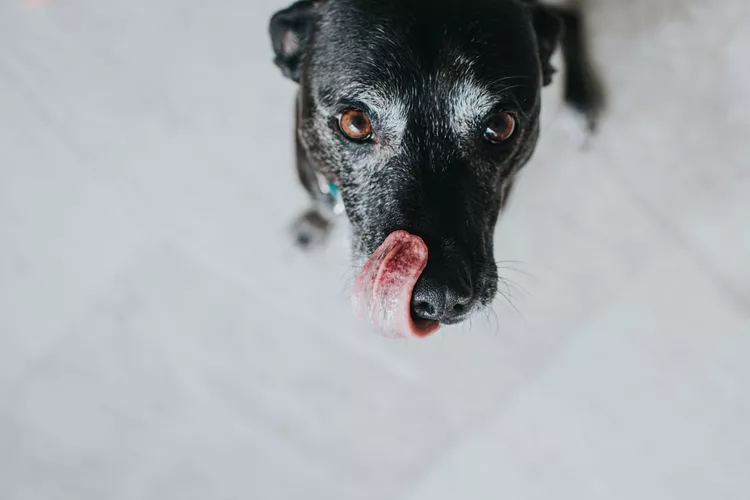
Can Dogs Eat Raw Chicken Feet?
What are the potential health benefits of chicken feet for dogs? What are the risks?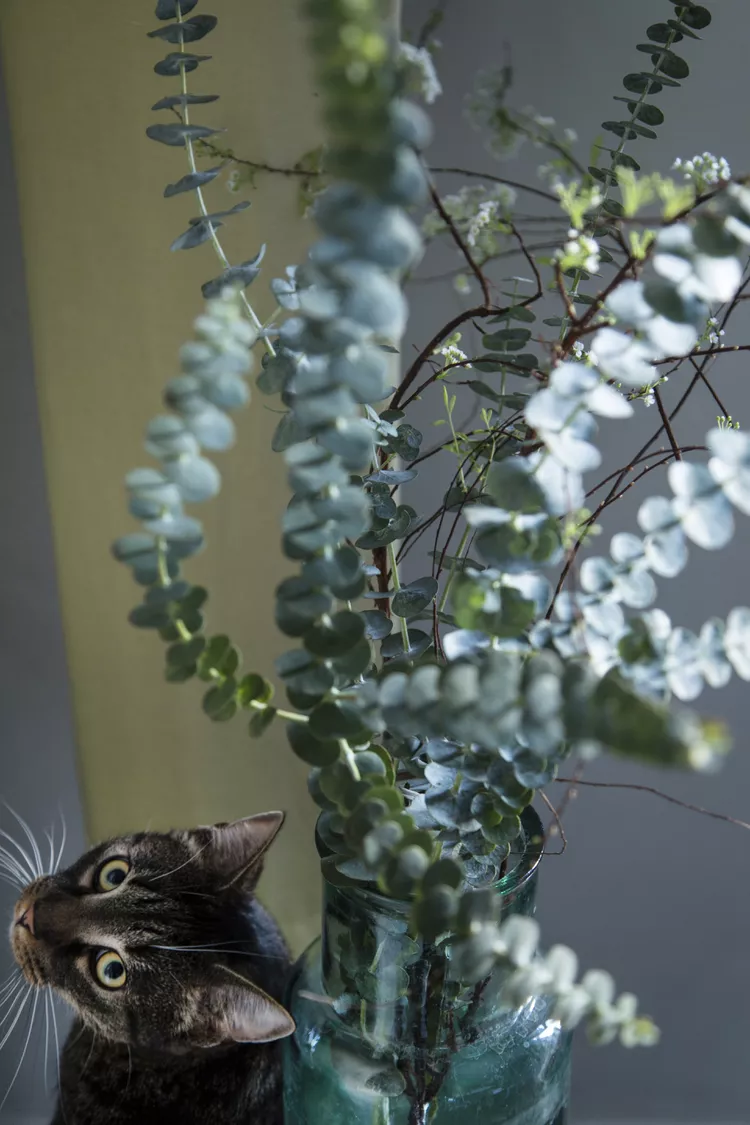
Is Eucalyptus Safe for Cats?
Many products containing eucalyptus are not safe for cats, and it is important to be aware of the risks to your cat.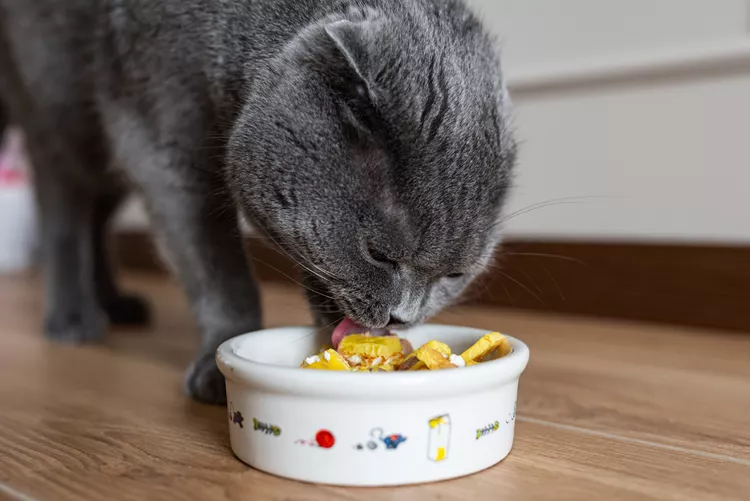
What You Need to Know About Homemade Cat Food
If you want to cook for your cat, make sure to read about the risks associated with homemade diets for cats
Can Cats Eat Peanut Butter?
Peanut butter is not toxic to cats, but it might not be the best choice of treat for them.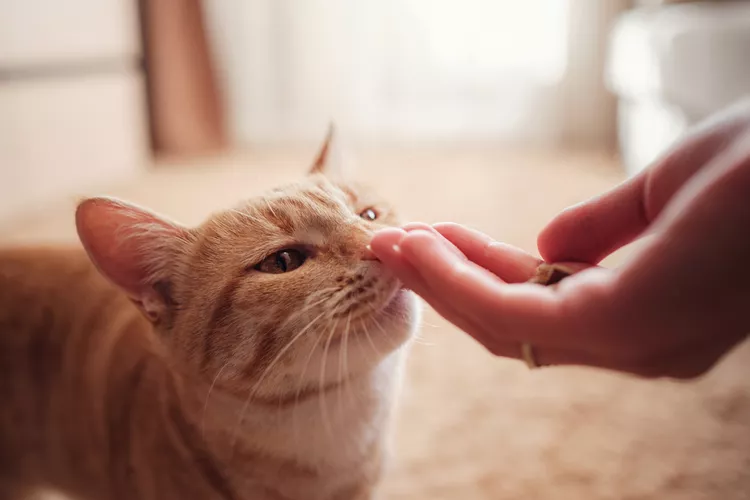
Can Cats Eat Cheese?
Can cats eat cheese? Is it healthy for them? How much can they eat and what should you do if you fear your cat has eaten too much cheese?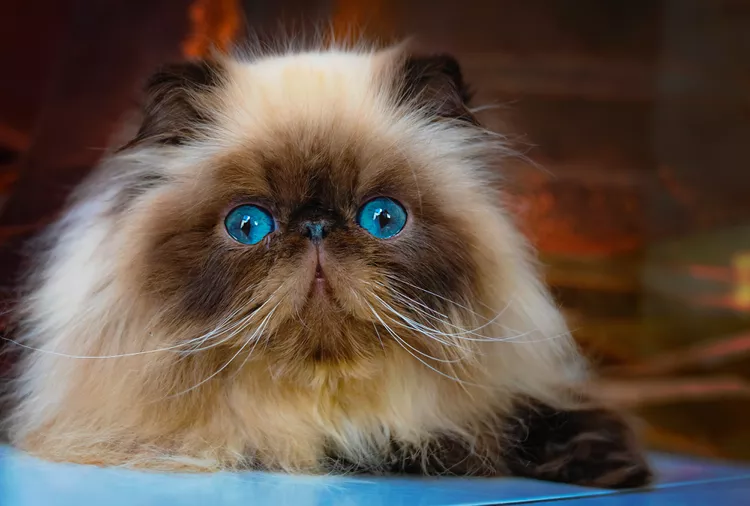
8 Flat-Faced Cats with the Cutest Smooshed Faces
These flat-faced cat breeds have a distinct and adorable appearance. Learn about their origins and traits, and the potential health risks tied to their unique facial structures.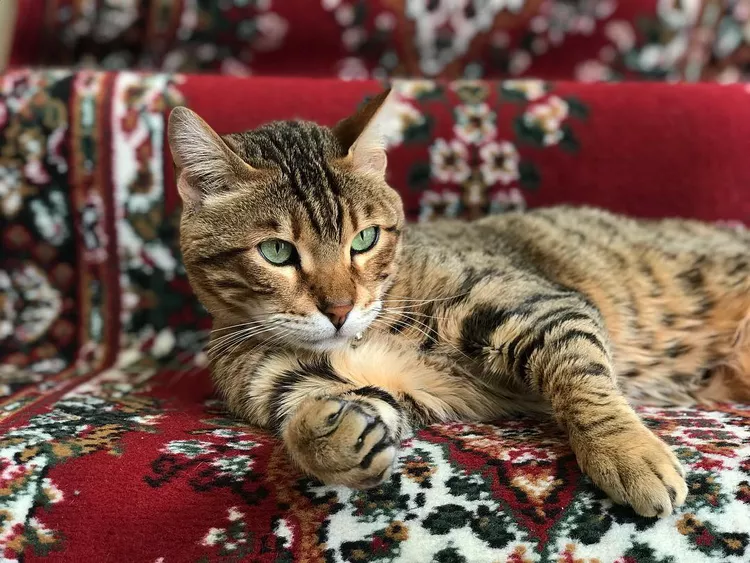
Pictures and Facts About Bengal Cats and Kittens
Bengal cats are a cross between wild cats and domestic cats. Learn more about what they look like and pictures of this beautiful spotted breed.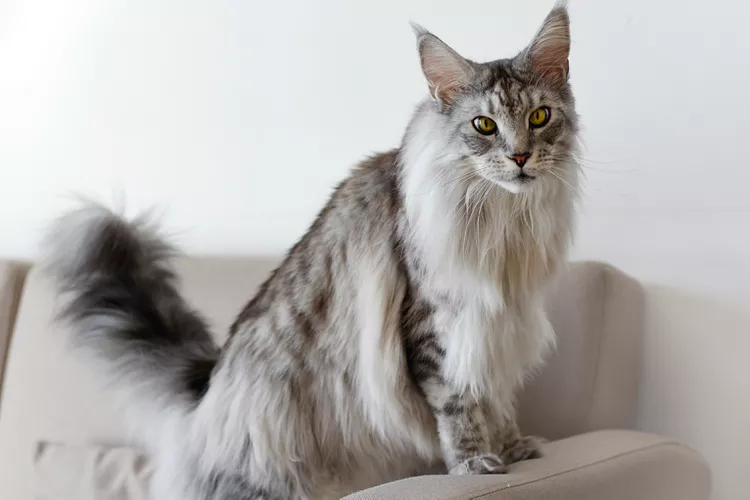
Top 10 Big House Cats
Larger cat breeds, like Maine coons and savannahs, deserve just as much love as their petite counterparts. These big house cats tip the scales.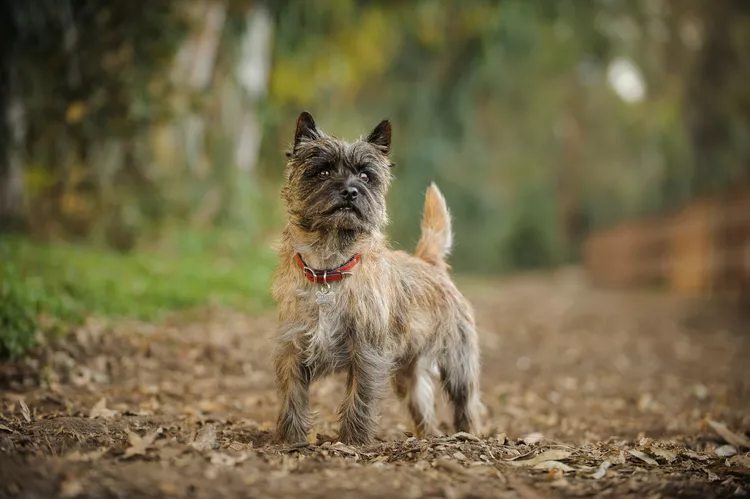
Cairn Terrier: Dog Breed Characteristics & Care
The cairn terrier is a spunky, affectionate, and intelligent dog from Scotland. The breed became famous when one played Toto in The Wizard of Oz. Learn about the temperament, history, health, and care needs of the cairn terrier dog breed.
Reasons Why Dogs Grind Their Teeth
Some dogs grind their teeth. Learn why dogs grind their teeth and if it can be harmful. Find out what to do about teeth grinding in dogs.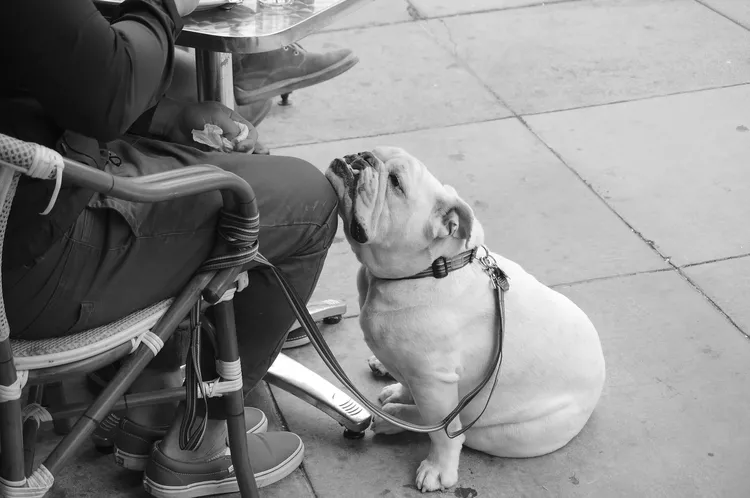
This Is Why Some Dogs Lean on People
Certain dogs really love leaning on their humans. What does this mean? Find out why dogs lean on people and if this is ever a problem.
Can Dogs Get Depression? How to Help Your Sad Dog
Can dogs get depression? Learn about the signs of depression in dogs and find out how to help your sad dog.